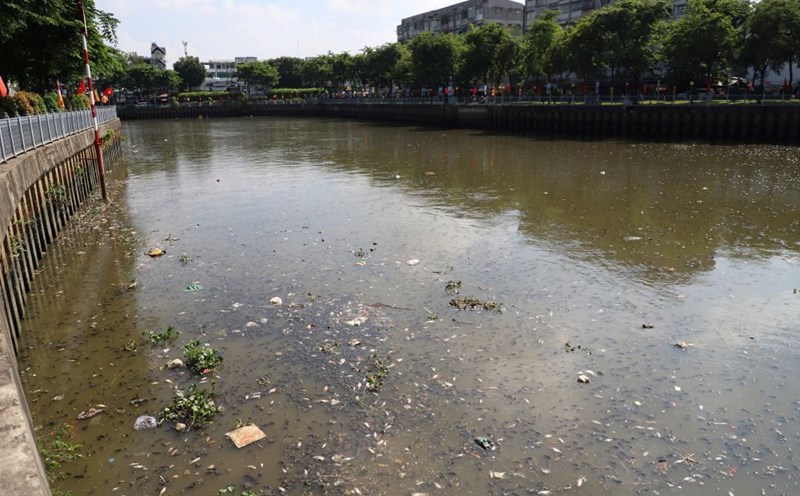On behalf of the Politburo, General Secretary To Lam has just signed and issued Resolution No. 68-NQ/TW dated May 4, 2024 on private economic development.
One of the very notable highlights in Resolution 68 is the requirement to clearly define civil, administrative and criminal responsibilities when handling violations, especially emphasizing the priority of civil measures, allowing businesses to overcome violations before criminal application.
This is not only a step forward in awareness, but also a prerequisite for building a healthy, stable legal environment and protecting the development momentum of the private economy.
In the past, we have witnessed many cases of businesses being prosecuted, investigated or subject to freezing and seizing assets just for pure civil and commercial disputes.
By the time the authorities concluded that there were not enough criminal factors, the business had also suffered serious losses: the project stopped, the cash flow broke down, and the brand reputation collapsed.
That shows that if the boundary between legal relationships is not clearly defined, businesses can completely become "victims" of the same confusion in the legal system.
Therefore, when Resolution 68 sets out the principle of prioritizing civil and economic remedial measures, it is not an "extension of hands", but a progressive approach, in line with modern legal standards.
A business that violates contracts or financial management is not necessarily a crime. What is needed is to handle to remedy the consequences, rectify violations, and restore operational capacity, not to use criminal measures from the beginning.
Resolution 68 also sets out many very welcome specific points: not to recuse legal regulations to handle disadvantages for businesses; respect the principle of presumption of innocence; only apply the freezing of assets corresponding to expected damages; distinguish between legal assets and assets related to violations.
These regulations, if legalized and seriously implemented, will be a "legal gift" to help businesses feel secure in their operations, while forcing the prosecution agency to be more cautious and objective when handling economic-related cases.
A safe investment environment cannot be formed if entrepreneurs always live in a worried mentality because of unclear legal risks.
To promote creative startups and develop small and medium-sized enterprises, they cannot be afraid of the risk of criminal prosecution for issues that are inherently civil.
Building an autonomous and modern economy is not only a story of business development, but also of protecting them in accordance with the law, in the spirit of the rule of law state.
And in the context of Vietnam's efforts to improve the investment environment, saying no to the institutionalization of economic relations is the most substantial way to accompany businesses.











